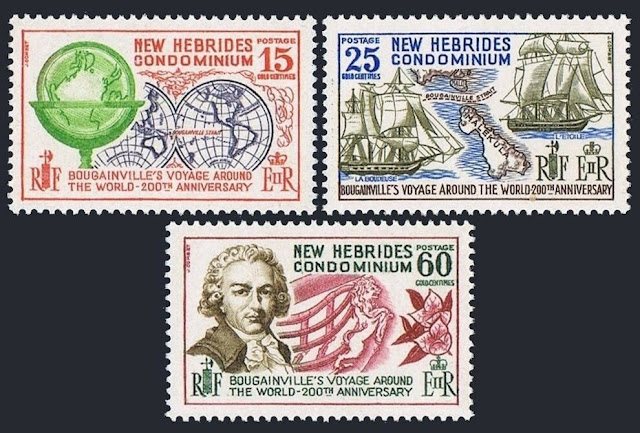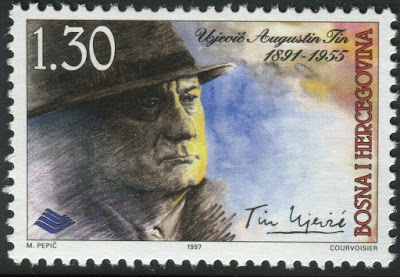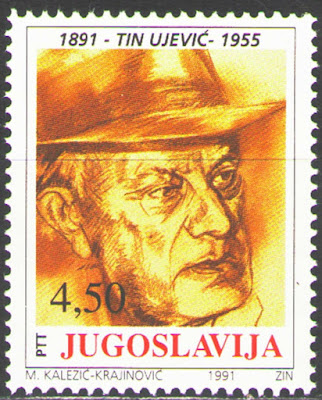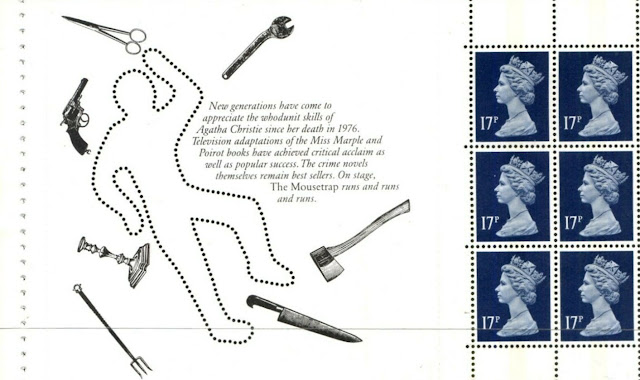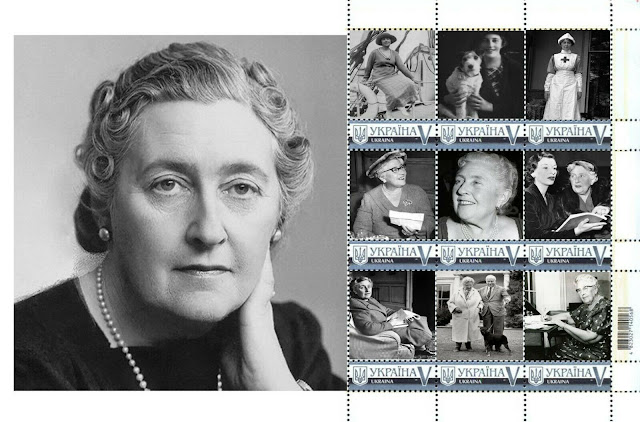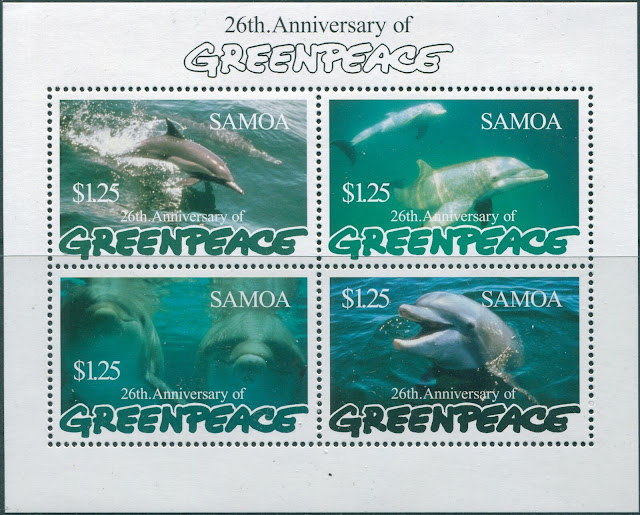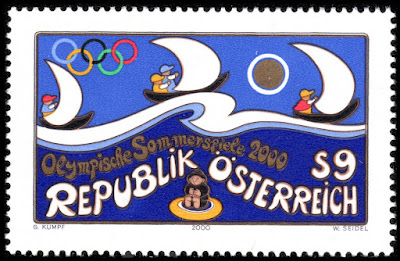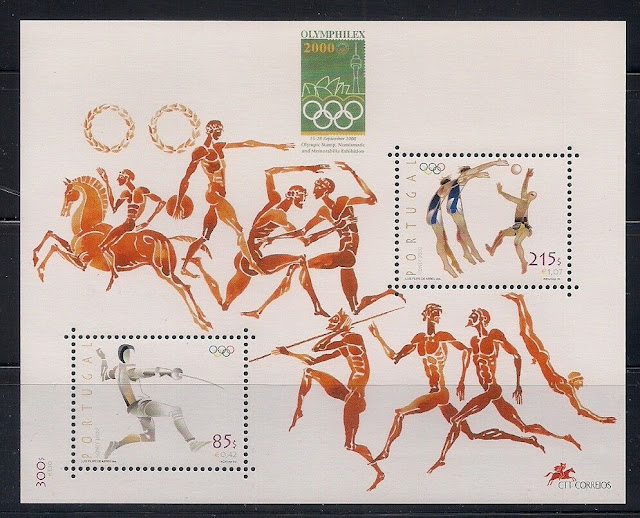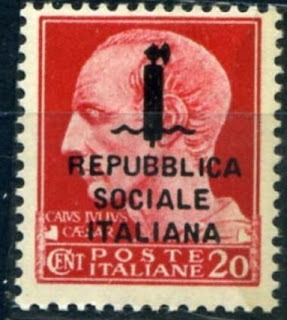1729 Born: Louis Antoine de Bougainville, French admiral and explorer (d. 1811)
Louis-Antoine, Comte de Bougainville (12 November 1729 – 31 August 1811) was a French admiral and explorer. A contemporary of the British explorer James Cook, he took part in the Seven Years' War in North America and the American Revolutionary War against Britain. Bougainville later gained fame for his expeditions, including circumnavigation of the globe in a scientific expedition in 1763, the first recorded settlement on the Falkland Islands, and voyages into the Pacific Ocean. Bougainville Island of Papua New Guinea as well as the Bougainvillea flower were named after him.
In 1771, Bougainville published his travel log from the expedition under the title Le voyage autour du monde, par la frégate La Boudeuse, et la flûte L'Étoile (a.k.a. Voyage autour du monde and A Voyage Around the World). The book describes the geography, biology and anthropology of Argentina (then a Spanish colony), Patagonia, Tahiti and Indonesia (then a Dutch colony). The book was a sensation, especially the description of Tahitian society. Bougainville described it as an earthly paradise where men and women lived in blissful innocence, far from the corruption of civilization.
After an interval of several years, Bougainville again accepted a naval command and saw much active service between 1779 and 1782 during the American Revolutionary War, when France was as an ally of the rebels. He played a crucial part in the French victory at the Battle of the Chesapeake, which led to the eventual defeat of Great Britain.
Returning to Paris, he was one of the founding members of the Bureau des Longitudes. In 1799, the Consul Napoleon made him a senator. He died in Paris on 31 August 1811.
Stamps from New Hebrides and New Caledonia depicting de Bougainville
1842 Born: John William Strutt, 3rd Baron Rayleigh, English physicist and academic, Nobel Prize laureate (d. 1919)
John William Strutt, 3rd Baron Rayleigh(12 November 1842 – 30 June 1919), was a British scientist who made extensive contributions to both theoretical and experimental physics. He spent all of his academic career at the University of Cambridge. Among many honors, he received the 1904 Nobel Prize in Physics "for his investigations of the densities of the most important gases and for his discovery of argon in connection with these studies." He served as President of the Royal Society from 1905 to 1908 and as Chancellor of the University of Cambridge from 1908 to 1919.
Rayleigh provided the first theoretical treatment of the elastic scattering of light by particles much smaller than the light's wavelength, a phenomenon now known as "Rayleigh scattering", which notably explains why the sky is blue. He studied and described transverse surface waves in solids, now known as "Rayleigh waves". He contributed extensively to fluid dynamics, with concepts such as the Rayleigh number (a dimensionless number associated with natural convection), Rayleigh flow, the Rayleigh–Taylor instability, and Rayleigh's criterion for the stability of Taylor–Couette flow. He also formulated the circulation theory of aerodynamic lift. In optics, Rayleigh proposed a well known criterion for angular resolution. His derivation of the Rayleigh–Jeans law for classical black-body radiation later played an important role in the birth of quantum mechanics (see Ultraviolet catastrophe). Rayleigh's textbook The Theory of Sound (1877) is still used today by acousticians and engineers.
Stamp issued by Guinea Bissau depicting Lord Rayleigh
1955 Died: Tin Ujevic, Croatian poet and translator (b. 1891)
Augustin Josip "Tin" Ujević (5 July 1891 – 12 November 1955) was a Croatian poet, considered by many to be the greatest poet in 20th century Croatian literature.
From 1921, he ceased to sign his name as Augustin, thereafter using the signature Tin Ujević
In addition to his poetry, Tin Ujević also wrote essays, short stories, serials (feuilletons), studies on foreign and domestic authors, and he translated philosophical discussions from many foreign languages. He translated numerous works of poetry, novels and short stories into Croatian (Edgar Allan Poe, Walt Whitman, Marcel Proust, Joseph Conrad, Benvenuto Cellini, George Meredith, Emile Verhaeren, Arthur Rimbaud, André Gide, among others).
He wrote more than ten books of essays, poetry in prose and meditations — but his enduring strength lies chiefly in his poetic works. At first a follower of Silvije Strahimir Kranjčević and more especially A.G. Matoš, Ujević soon moved on and developed his own independent voice.
He preferred the French and American modernists such as Charles Baudelaire, Arthur Rimbaud and Walt Whitman, whose work he translated. His first collections Lelek sebra, and Kolajna, inspired by his years in Paris, are considered the peak of modern Croatian lyrical poetry.
From those original first books grew a body of work that is a classic of Croatian literature, and according to the British poet Clive Wilmer, "Tin Ujević was one of the last masters of European Symbolism". Poet and writer Anne Stevenson says his "melancholy, turn-of-the-century lyricism" is comparable to that of Thomas Hardy, of Edward Thomas, and of early Yeats".
British poet Richard Berengarten, who has translated some of Ujević's best works into English, writes
"Although Tin's major achievement is as a lyricist, his oeuvre is much broader than lyric alone. He was a writer of profound and discerning intellect, broad and capacious interests, inquisitive appetite and eclectic range."
Ujević died on 12 November 1955 and is buried at Mirogoj Cemetery in Zagreb.
Stamps from Serbia, Yugoslavia and Bosnia issued to commemorate Tin Ujević
1918 – Austria becomes a republic. After the proclamation, a coup attempt by the communist Red Guard was defeated by the social-democratic Volkswehr.
The First Austrian Republic (German: Republik Österreich) was created after the signing of the Treaty of Saint-Germain-en-Laye on 10 September 1919—the settlement after the end of World War I which ended the Habsburg rump state of Republic of German-Austria—and ended with the establishment of the Austrofascist Federal State of Austria based upon a dictatorship of Engelbert Dollfuss and the Fatherland's Front in 1934. The Republic's constitution was enacted in 1 October 1920 and amended on 7 December 1929. The republican period was increasingly marked by violent strife between those with left-wing and right-wing views, leading to the July Revolt of 1927 and the Austrian Civil War of 1934.
On 11 November 1918, Emperor Charles I in all but name abdicated, by relinquishing his right to take part in Austrian affairs of state.
The next day, 12 November, the National Assembly officially declared German-Austria a republic and named Social Democrat Karl Renner as provisional chancellor. On the same day it drafted a provisional constitution that stated that "German-Austria is a democratic republic" and "German-Austria is an integral part of the German republic" The latter provision reflected the deputies' view that felt that Austria would lose so much territory in any peace settlement that it would no longer be economically and politically viable as a separate state, and the only course was union with Germany. This was enforced by the refusal of Hungary to sell grain and of Czechoslovakia to sell coal to Austria-Germany.
As the Empire collapsed and a ceasefire was announced, the Provisional Assembly sought to forestall socialist revolution by organizing a coalition government led by the minority Social Democrats. Karl Renner became Chancellor and Victor Adler became Foreign Minister. The Social Democrats co-opted newly created soldier and worker councils and used their control over labor unions to implement social policies that blunted the socialist appeal.
The first stamps issued by the German-Austrian republic
Augustin Josip "Tin" Ujević (5 July 1891 – 12 November 1955) was a Croatian poet, considered by many to be the greatest poet in 20th century Croatian literature.
From 1921, he ceased to sign his name as Augustin, thereafter using the signature Tin Ujević
In addition to his poetry, Tin Ujević also wrote essays, short stories, serials (feuilletons), studies on foreign and domestic authors, and he translated philosophical discussions from many foreign languages. He translated numerous works of poetry, novels and short stories into Croatian (Edgar Allan Poe, Walt Whitman, Marcel Proust, Joseph Conrad, Benvenuto Cellini, George Meredith, Emile Verhaeren, Arthur Rimbaud, André Gide, among others).
He wrote more than ten books of essays, poetry in prose and meditations — but his enduring strength lies chiefly in his poetic works. At first a follower of Silvije Strahimir Kranjčević and more especially A.G. Matoš, Ujević soon moved on and developed his own independent voice.
He preferred the French and American modernists such as Charles Baudelaire, Arthur Rimbaud and Walt Whitman, whose work he translated. His first collections Lelek sebra, and Kolajna, inspired by his years in Paris, are considered the peak of modern Croatian lyrical poetry.
From those original first books grew a body of work that is a classic of Croatian literature, and according to the British poet Clive Wilmer, "Tin Ujević was one of the last masters of European Symbolism". Poet and writer Anne Stevenson says his "melancholy, turn-of-the-century lyricism" is comparable to that of Thomas Hardy, of Edward Thomas, and of early Yeats".
British poet Richard Berengarten, who has translated some of Ujević's best works into English, writes
"Although Tin's major achievement is as a lyricist, his oeuvre is much broader than lyric alone. He was a writer of profound and discerning intellect, broad and capacious interests, inquisitive appetite and eclectic range."
Ujević died on 12 November 1955 and is buried at Mirogoj Cemetery in Zagreb.
Stamps from Serbia, Yugoslavia and Bosnia issued to commemorate Tin Ujević
1918 – Austria becomes a republic. After the proclamation, a coup attempt by the communist Red Guard was defeated by the social-democratic Volkswehr.
The First Austrian Republic (German: Republik Österreich) was created after the signing of the Treaty of Saint-Germain-en-Laye on 10 September 1919—the settlement after the end of World War I which ended the Habsburg rump state of Republic of German-Austria—and ended with the establishment of the Austrofascist Federal State of Austria based upon a dictatorship of Engelbert Dollfuss and the Fatherland's Front in 1934. The Republic's constitution was enacted in 1 October 1920 and amended on 7 December 1929. The republican period was increasingly marked by violent strife between those with left-wing and right-wing views, leading to the July Revolt of 1927 and the Austrian Civil War of 1934.
On 11 November 1918, Emperor Charles I in all but name abdicated, by relinquishing his right to take part in Austrian affairs of state.
The next day, 12 November, the National Assembly officially declared German-Austria a republic and named Social Democrat Karl Renner as provisional chancellor. On the same day it drafted a provisional constitution that stated that "German-Austria is a democratic republic" and "German-Austria is an integral part of the German republic" The latter provision reflected the deputies' view that felt that Austria would lose so much territory in any peace settlement that it would no longer be economically and politically viable as a separate state, and the only course was union with Germany. This was enforced by the refusal of Hungary to sell grain and of Czechoslovakia to sell coal to Austria-Germany.
As the Empire collapsed and a ceasefire was announced, the Provisional Assembly sought to forestall socialist revolution by organizing a coalition government led by the minority Social Democrats. Karl Renner became Chancellor and Victor Adler became Foreign Minister. The Social Democrats co-opted newly created soldier and worker councils and used their control over labor unions to implement social policies that blunted the socialist appeal.
The first stamps issued by the German-Austrian republic

